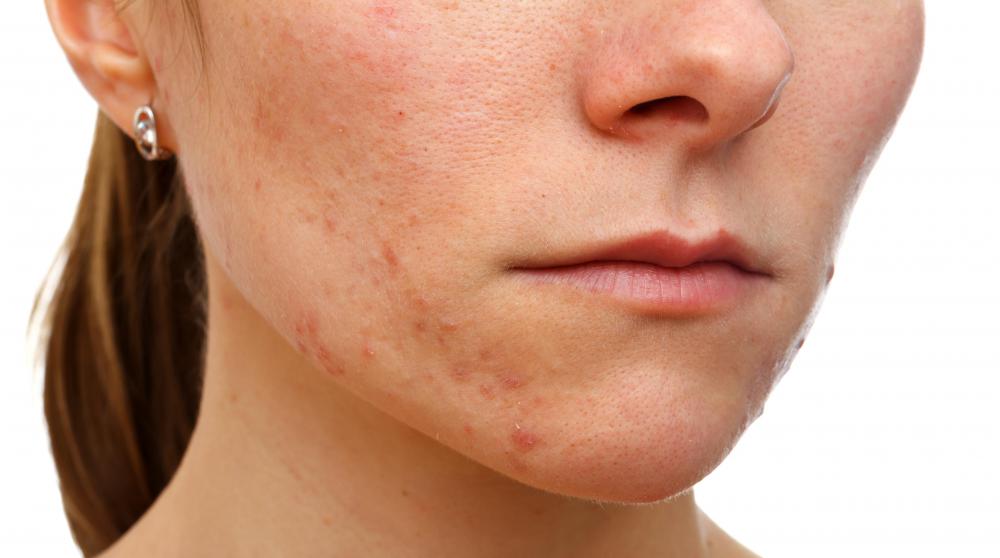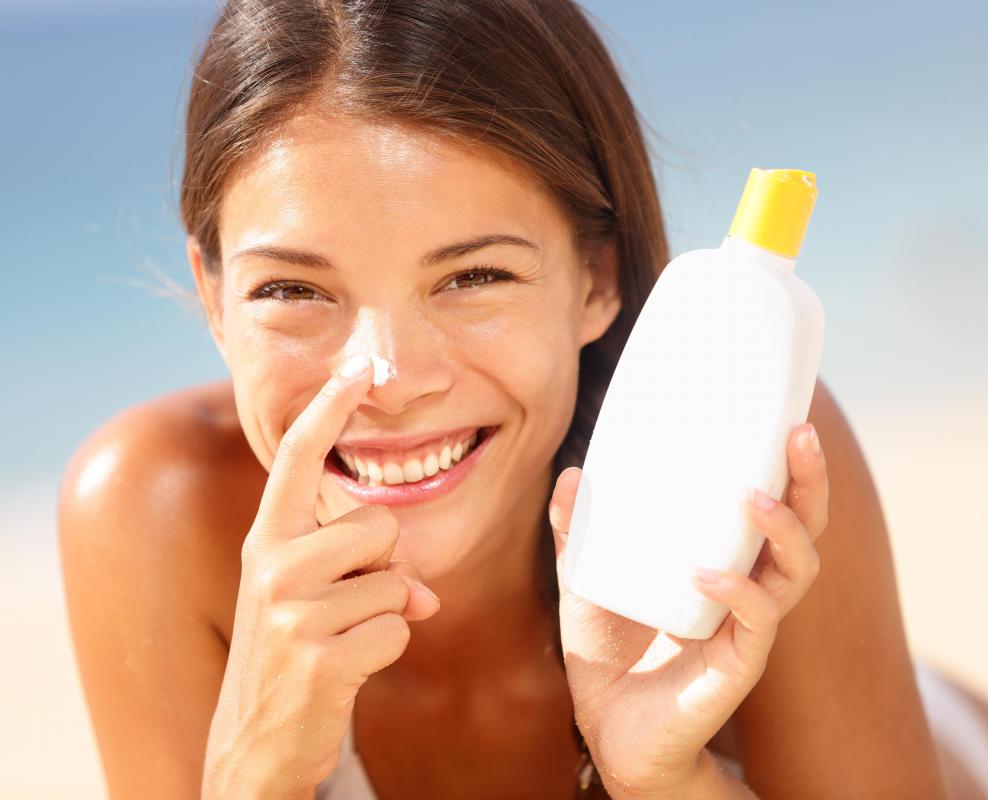At TheHealthBoard, we're committed to delivering accurate, trustworthy information. Our expert-authored content is rigorously fact-checked and sourced from credible authorities. Discover how we uphold the highest standards in providing you with reliable knowledge.
What is Tretinoin?
Tretinoin is a drug commonly prescribed in dermatology for the treatment of acne. Available in a cream and a gel, it is the acid form of vitamin A and is most frequently marketed under the brand name Retin-A®, among others. Though tretinoin is most commonly used as a prescription acne treatment, it can also be used to treat other skin conditions as determined by a dermatologist as well as acute myeloid leukemia.
The effectiveness of tretinoin for the treatment of acne has been proven so conclusively that it is the treatment of choice for acne that has failed to respond to over-the-counter treatments. It works by increasing cell turnover growth, which in turn expedites the unclogging of pores and clears the skin. The drug has also been proven to reduce the appearance of wrinkles.

Though tretinoin is an effective dermatological treatment, it is not without side effects. The most common include increased dryness and flaking of the skin. It also reduces the pigmentation in the skin, making it more prone to sunburn. Patients using this drug should use a sunscreen with an SPF of at least 15 on a daily basis.
When a dermatologist prescribes tretinoin, it is important for the patient to understand its use. Patients must introduce their skin to the drug gradually. Most doctors provide a specific schedule of use when prescribing tretinoin that includes a gradual introduction to daily use over the course of several weeks. Patients should understand that changing the application dosage to more frequent applications can result in damage to the skin.

Many patients also fail to realize that the benefits of tretinoin are often not seen for weeks — as much as six to nine weeks — after regular usage begins. However, with proper usage, it can significantly improve the appearance of skin over time. Many people begin using the drug in their mid-teens and can gradually reduce and possibly eliminate its use by their mid to late-20s, when hormonal balance is restored.
Tretinoin is available by prescription only and is not covered under all prescription insurance plans. People who have acne that has been unresponsive to over-the-counter treatments may want to consult a dermatologist about the use of this drug.
AS FEATURED ON:
AS FEATURED ON:

















Discussion Comments
I've heard some very good things about tretinoin for wrinkles. Is anyone here using tretinoin for this purpose? Is it working for you?
@turquoise-- You need to call your dermatologist and ask about this. I'm not a doctor and I don't want to give you wrong advice.
I used tretinoin for acne in the past and I did experience more breakouts and some peeling during the first several weeks. It was kind of like detox. After about 2-3 weeks, things started looking better and my breakouts eventually ended.
In some people, this phase might be shorter or longer as far as I know. But it's also possible that you're having an adverse reaction. That's why you need to speak to your dermatologist. Are you sure that you're following your doctor's directions? Using the cream too frequently or too much in the beginning can make these symptoms worse.
My doctor gave me tretinoin Retin-A cream for acne and he did say that it might take a while for it to start working. So I'm not expecting immediate results. The problem is that, I've been using tretinoin for a month and it's making my acne worse. I have more breakouts, my skin is red and irritated.
Is this normal or am I experiencing an adverse reaction?
Tretinoin has the potential to be a very effective drug for the treatment of acne and other skin conditions. However, some people have issues with irritation while using it. Requesting the lowest dosage or using Tretinoin every other day instead of daily often helps reduce irritation.
Post your comments